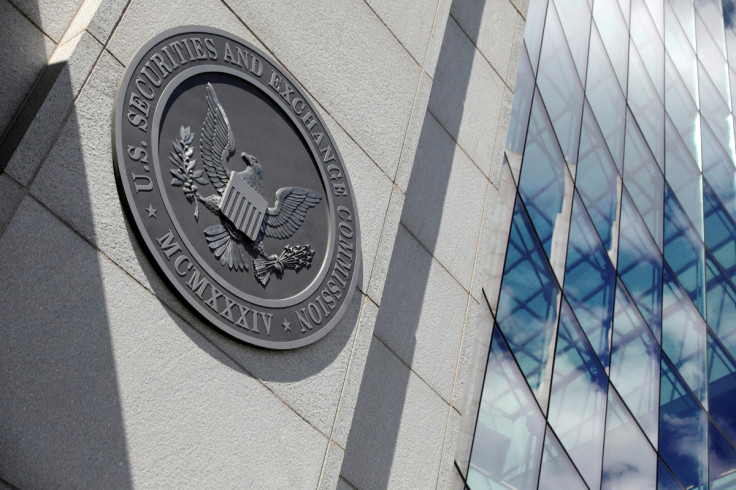SEC Steps Up Crypto Grip, Eyes Audit Firms' Work On Cryptocurrency Companies
In line with its anti-crypto stance, the U.S. Securities and Exchange Commission (SEC) has set its eyes on auditing firms handling cryptocurrency companies.
Auditing firms attracted the spotlight over the past months and received flack from industry watchers, analysts and investors when the multi-billion crypto empire FTX collapsed despite that the accounting firm, who conducted the audit, said the company's financial statements were "fairly stated."
The accounting firm's statement contrasted with what the court-appointed FTX CEO John Ray III observed days after assuming the helm. He had said that FTX has a "complete failure of corporate controls" and has "a complete absence of trustworthy financial information."
Following the meltdown and with the centralized crypto exchange platform losing the trust of investors, Binance volunteered to release its proof of reserves to assure the industry that its funds are safe and announced that it hired the accounting firm Mazars to vouch for its assets.
Other CEX followed suit, but the move was heavily criticized in the cryptocurrency space, with some calling it Fraudit, a portmanteau for fraud and audit.
Interestingly, it appears that the SEC is not convinced with what the accounting firms are doing in the cryptocurrency world, as it recently mentioned about stepping up scrutiny on the work of audit firms on crypto businesses.
The regulator seemed concerned that investors might be getting a false sense of assurance from the reports of these firms, according to one of the officials at the regulatory body.
"We're warning investors to be very wary of some of the claims that are being made by crypto companies," SEC acting chief accountant Paul Munter said in an interview with the Wall Street Journal.
"We are increasing our understanding of what's going on in the marketplace," the official said, noting that "if we find fact patterns that we think are troublesome, we will consider a referral to the division of enforcement."
Munter also said that investors should not be totally sold out to these proof of reserves since it does not reflect comprehensive information about the business.
"Investors should not place too much confidence in the mere fact a company says it's got a proof of reserves from an audit firm," the SEC official said, adding that such a report "is not enough information for an investor to assess whether the company has sufficient assets to cover its liabilities."
"The main problem with such audits is that exchanges do not complete them frequently. The audit of FTX US was completed back in 2021 and it's been almost a year, which is a considerably long period," said Yevheniia Broshevan, Chief Business Development Officer (CBDO) of Hacken, a blockchain cybersecurity company focused on auditing, crowdsourced security, pen testing, monitoring and analytics, in an interview with International Business Times.
Last week, Mazars, which published proof of reserves audits for Binance, Crypto.com and other CEX, announced that it had cut ties with all of its clients in the cryptocurrency industry.
In an email, the audit firm noted that it paused its work with crypto clients because of "concerns regarding the way these reports are understood by the public."

© Copyright IBTimes 2024. All rights reserved.






















